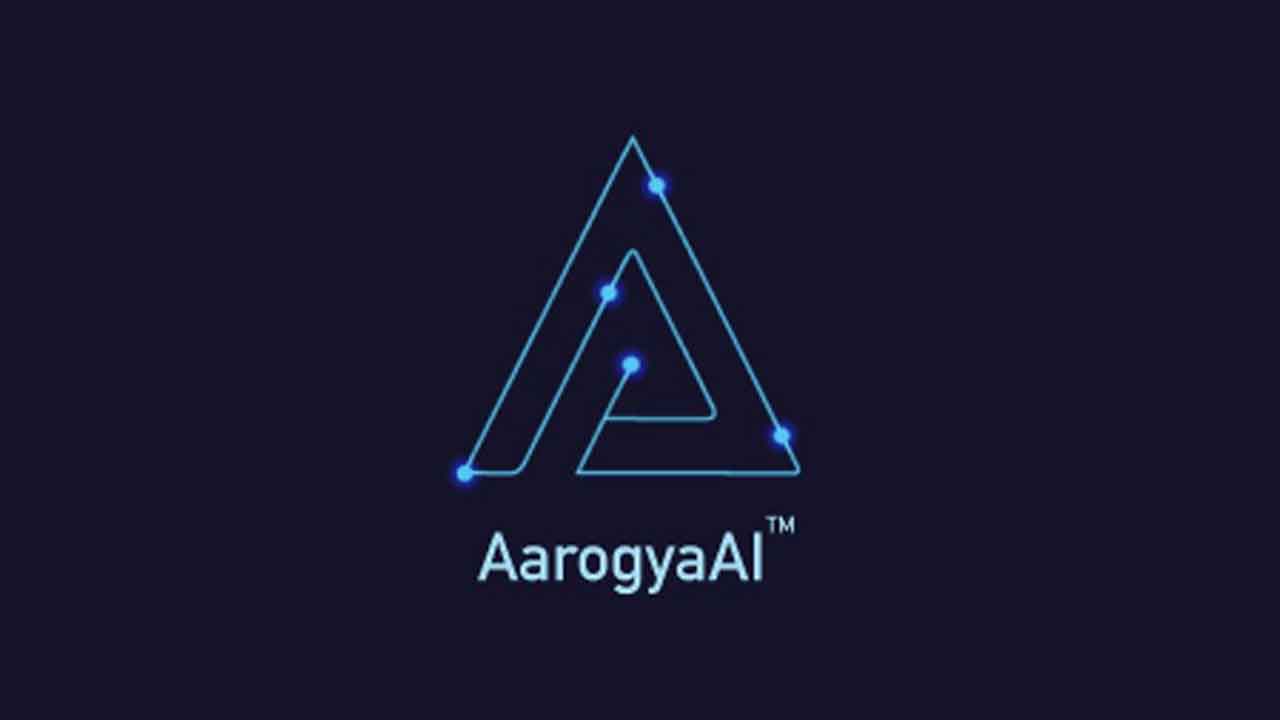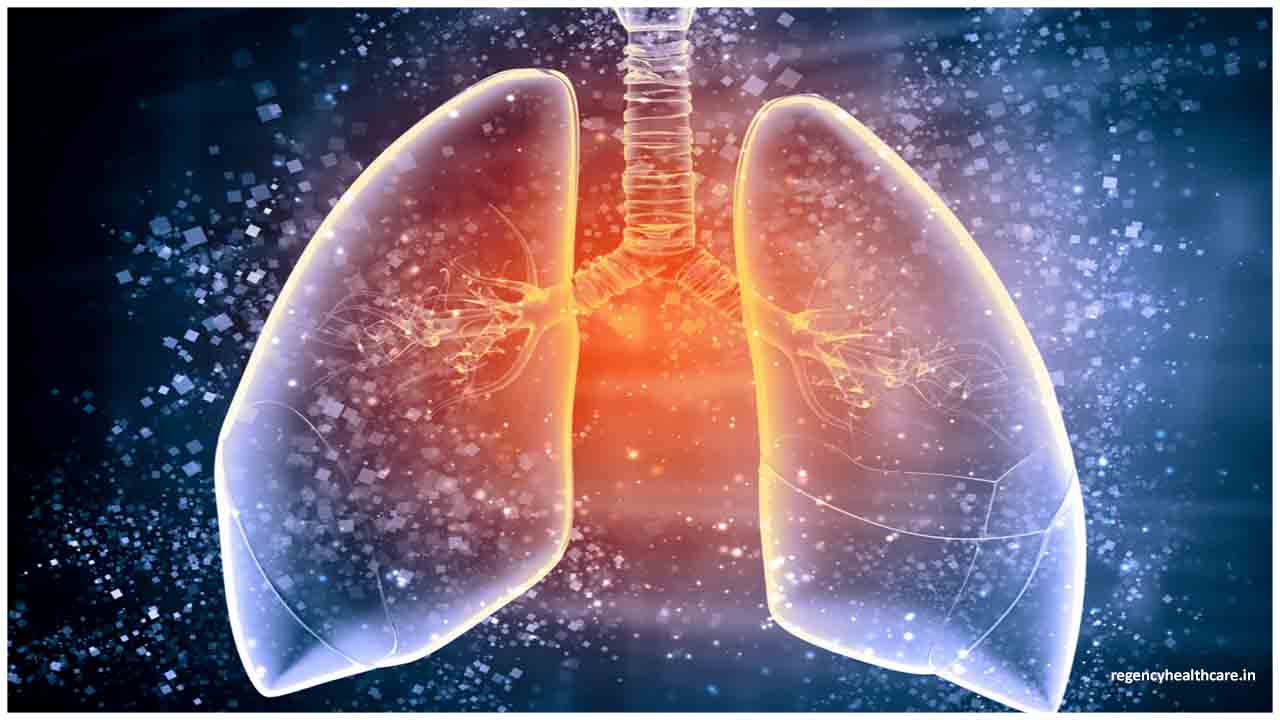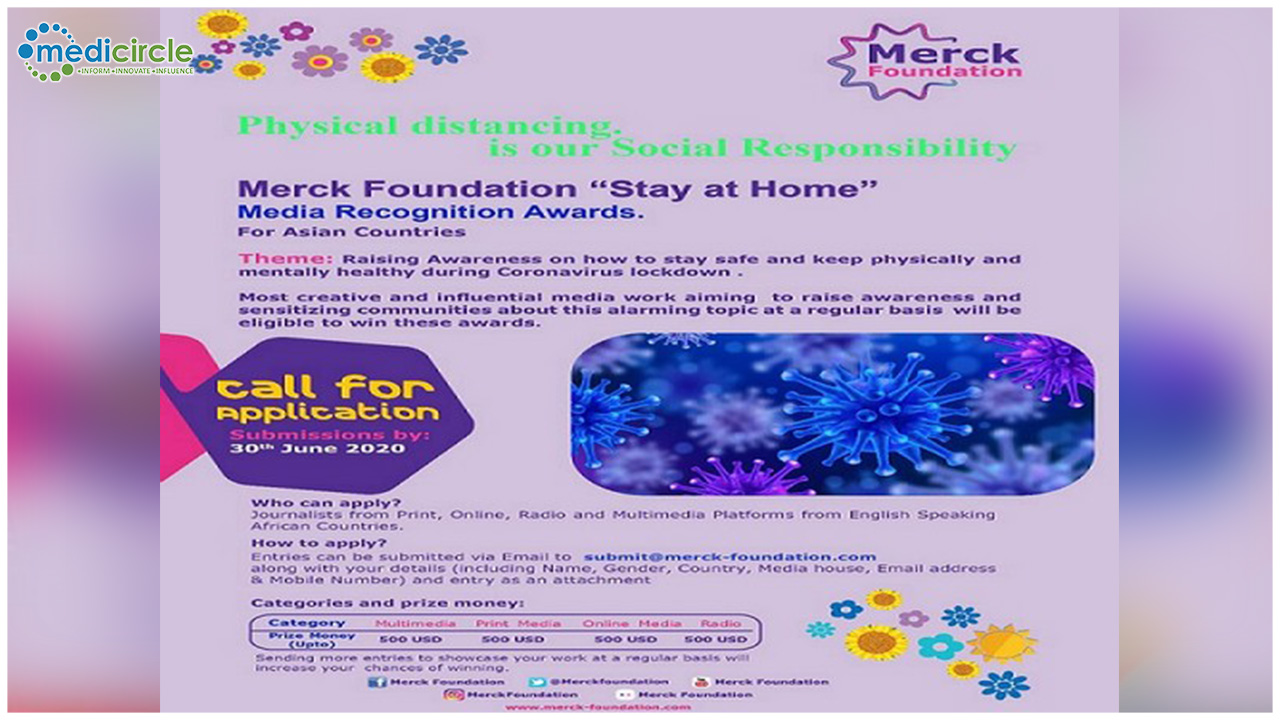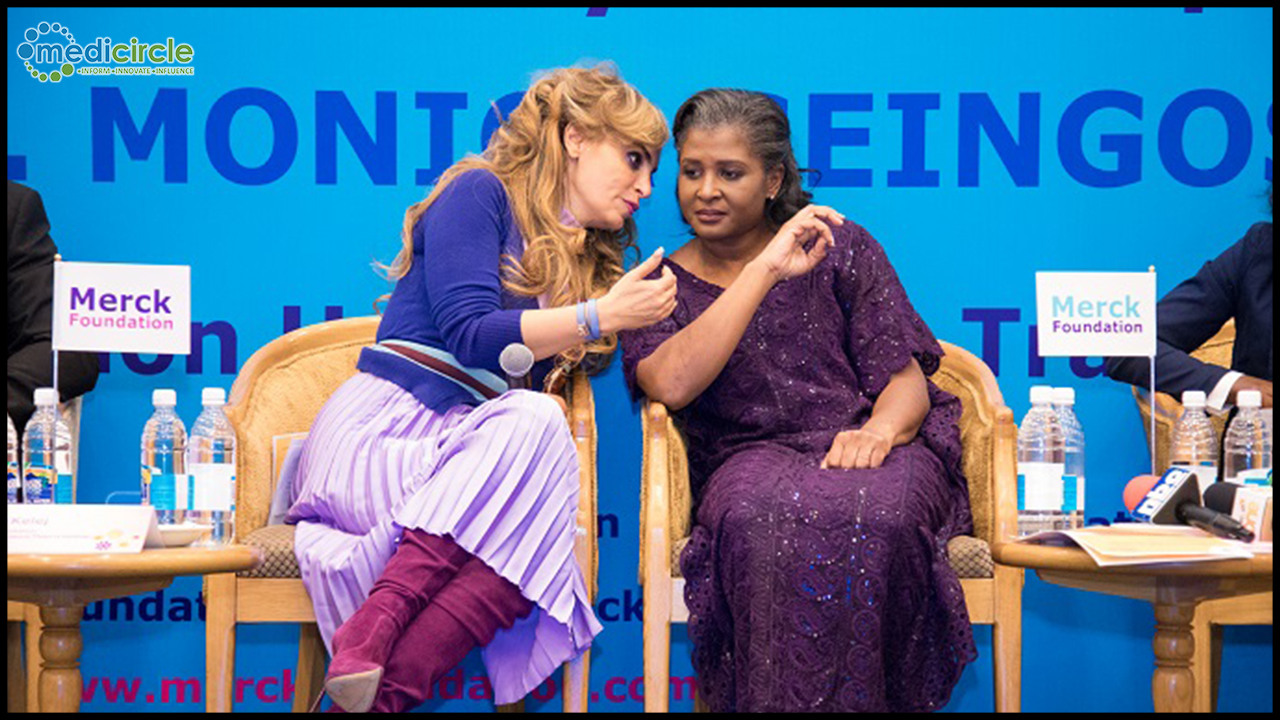The National Safe Motherhood Day (NSMD) is being celebrated every year on 11th April in India to impart knowledge and awareness about proper health hygiene of women and maternal facilities to pregnant and lactating women.
In the year 2013, the Government of India declared 11th April as the National Safe Motherhood Day. This day is observed on the birth anniversary of political activist Kasturba Gandhi, Wife of father of Nation Mohan Das Karam Chand Gandhi. The India is first in the world to officially declare this day. This day also promotes the prevention of child marriages as this is considered to be the indirect cause of maternal death prevalent in most of our backward areas of the country.
White Ribbon Alliance India
This day is an initiative of the White Ribbon Alliance India (WRAI) and an effort that women should have all the availability and accessibility towards care during pregnancy, childbirth, and postnatal care. According to WRAI, India is comprising of total 15% of maternal deaths worldwide. Annually over 44,000 women die due to lack of maternal facilities available to them. These deaths can be prevented by providing the extra quality care one should have during pregnancy and childbirth. According to WHO, the maternal mortality rate is higher in rural areas and among inferior communities. The reasons for these deaths are lack of information, poverty, poor services, a distance of hospitals from home, and cultural beliefs. WRAI is actively helping out pregnant women in villages with some emergency treatments.
The government of India has also supported the execution of the Indira Gandhi Matritva Sahyog Yojna (IGMSY) maternity benefit scheme. NGO’s and Government have come together sharing their resources and expertise to fight this problem. According to WHO maternal mortality worldwide has dropped by 44% between 1990-2015. As part of sustainable development goals until 2030, the target of WHO is to reduce the global maternal mortality ratio to less than 70 per lacs live births.
Janani Shishu Suraksha Karyakaram
The Government of India has launched Janni Shishu Suraksha Karyakaram (JSSK) to bring those women to the hospitals and institutions that still get their deliveries done at the home. This initiative is to make sure that the benefits of JSSK would reach every needy woman coming for deliveries. It was launched on June 1, 2011, enables all pregnant women to have deliveries in government hospitals will be free of cost including cesarean. They will be given free medicines, free tests, free blood if required free food for 3 days in a normal delivery, and 7 days for cesarean deliveries. They will be provided free conveyance from home to hospital. In 2014, these benefits have been stretched to pre and postnatal complications of pregnancy. Some extra benefits have been added for newborns, infants accessing government hospitals for treatment.
All women should be extra aware of care during this period of pregnancy. They should go for regular checkups during this interval to a qualified health professional and avoid getting up into complications. This will help in managing and providing proper treatment at right time. Thus, assuring a healthy delivery of newborn and safety of the mother.

 “This day is celebrated to bring attention to mothers about their proper healthcare for their babies’ survival. The most perfect love is between a mother and a childâ€
“This day is celebrated to bring attention to mothers about their proper healthcare for their babies’ survival. The most perfect love is between a mother and a childâ€




















.jpeg)

.jpeg)










.jpg)




.jpg)

